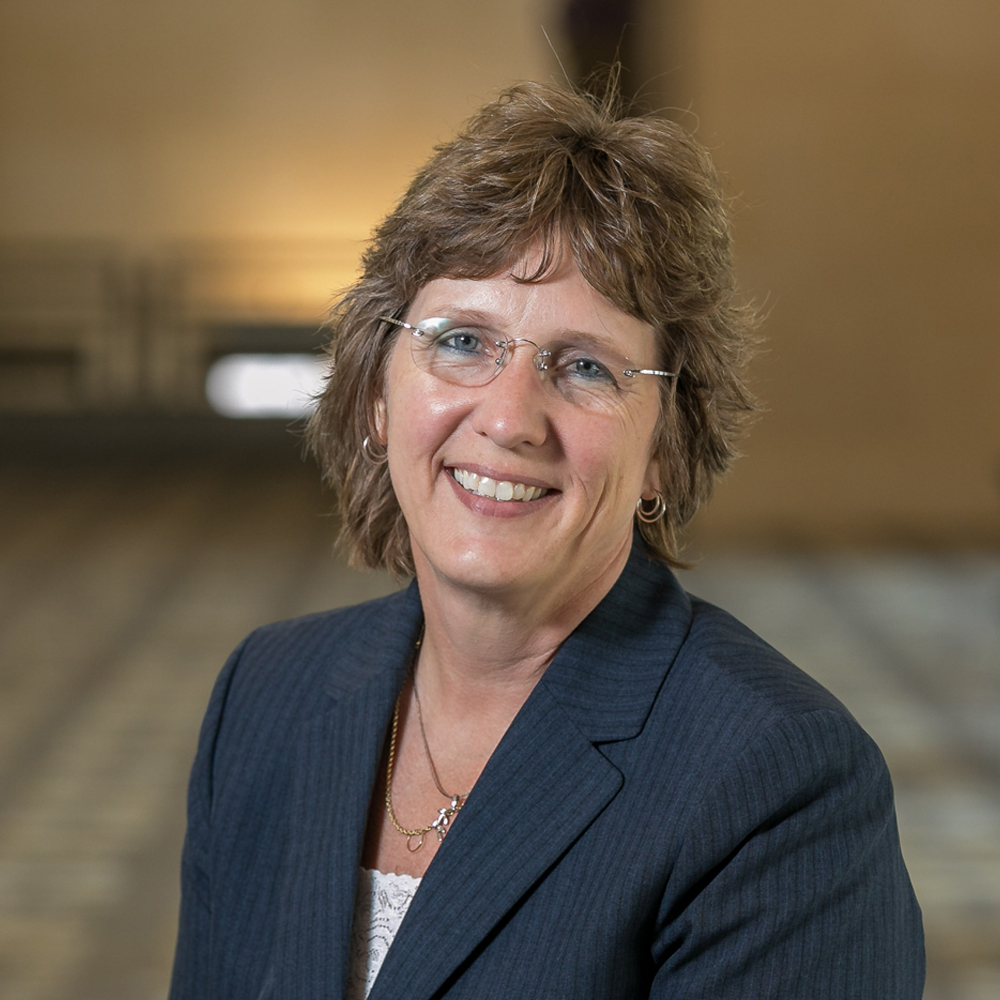How I Built a Forensic Accounting and Fraud Examination Program
/GUEST BLOGGER
Cindy Greenman, Ph.D., CFE
Associate Professor, Embry Riddle Aeronautical University, 2019 ACFE Educator of the Year
When I started teaching at Embry Riddle Aeronautical University, I was the first full-time accounting instructor they had hired. There was a small team in the Department of Business that included five full-time professors and a handful of adjuncts, but the school and the business department were growing. My initial responsibilities included teaching one section each of financial accounting, managerial accounting, business ethics and business computer applications, and right from the start, I was encouraged to develop other accounting courses that interested me. Thus, I started the forensic accounting course the very next year.
Fast-forward just a couple of years and I was now teaching two sections of financial accounting, one of managerial and one of forensic every semester, with a growing demand for the forensic class. We had just started the first College of Security and Intelligence in the United States, and I knew the demand was there for forensic accountants. During the summer of 2013, my chair called and asked if I’d be willing to write the curriculum for an entire bachelor’s degree program in forensic accounting and fraud examination. In hindsight, I really should have asked more questions! But not knowing what all this entailed, I jumped in with both feet and said yes.
I started off by looking at other programs and talking with my contacts at NCIS and the FBI, knowing that many of our students would leave the program and seek employment with the government. These two contacts gave me good insight into which courses would be helpful to include, such as cyber security classes, courses in psychology and obviously accounting courses. Looking at other programs proved to be difficult because most forensic accounting programs are at the master’s degree level and not the bachelor’s. Those that were at the bachelor’s level were online. At the time, our university research team found only one other school in the U.S. that offered a bachelor’s program in forensic accounting on campus.
I knew I had to incorporate the general education requirements first, which included my biology class, psychology classes, business writing and a few others. Then I focused on the core of the forensic accounting program. I wanted to be sure the students would have enough accounting courses to sit for the CPA Exam, if that was the route they chose. I also wanted the legal piece of the forensic accounting side, so I included classes from our College of Security, such as “Procedural Laws and Evidence,” “Interviewing Techniques and Tactics,” “Investigative Methodology,” and others. I also worked with these colleagues for the cyber classes that would be vital to the success of my students. I turned to my psychology colleagues to teach classes in deception, personality and profiling, civil transgressions, criminal transgressions and a basic psychology class. I rounded out the rest of the credits with typical business courses.
My first set of students started graduating just a couple of years ago. Thus far, I have 100% placement of my graduates within 30 days of graduation. They are doing everything you can imagine in the accounting world — public accounting, manufacturing accounting, state government auditing positions, three-letter government agencies (those students can’t tell me exactly what they are doing) and financial institutions. A handful continued on for their master’s degrees.
I continue to evaluate my program every year, make small tweaks here and there, putting in new classes, taking out other courses. I try to make it the very best it can be for my students, for their future employers and for our university.
I finally realized that I might have done something right with this program when a few of the internship supervisors commented that my students “were the most prepared student interns they had ever seen.” But the best moment came when I won the ACFE Educator of the Year award because my students were the ones who nominated me. This made me especially proud knowing that they felt I had made a difference in their life!
Congratulations to Cindy Greenman, Ph.D., CFE, for receiving the 2019 ACFE Educator of the Year Award. One of her students recently said of her, “By explaining that we are the next generation to help prevent and detect fraud, she encourages us to be the best detectives, investigators or analysts wherever we end up.” Greenman is also part of the Anti-Fraud Education Partnership, which assists colleges and universities in providing expert anti-fraud training to their students. Learn more about how to start the process of joining the partnership.
